The Rise of Decentralized Applications: How dApps Are Changing the Internet
Decentralized applications (known as dApps) are apps built on blockchain networks, such as Ethereum, Polygon, and similar. Instead of being operated by a centralized authority, they rely on smart contracts, thus enabling transparency, speed, and convenience.
dApps are set to become widespread across several industries, and the online gambling sector seems to be one of the major ones to adopt them. Gambling dApps are not to be confused with established centralized brands such as Stake, 1xbit, and Kineko, along with many others featured on Bookmakers.bet crypto operators.
In the following article, we’ll review the main benefits of dApps, discuss their types, and examine their challenges.
What Are dApps and Their Main Benefits?
Decentralized apps are just software applications with a different underlying structure than the standard apps we are accustomed to. They operate on a decentralized network, which is usually powered by a blockchain, and typically feature a smart contract that executes transactions autonomously.
According to Investopedia’s take on dApps, common uses include financial services, supply chain management, identity verification, real estate, healthcare, social media, online games (including games of chance), and more.
Here are the main characteristics that distinguish dApps from their centralized counterparts:
- Decentralization — Rather than a centralized authority, the entire network maintains the data and rules of the app, making it more trustworthy, secure, and censorship-resistant.
- Transparency — All transactions are publicly verifiable due to their storage on a blockchain, similar to the transparent nature of Bitcoin transactions.
- Immutability — Once a dApp transaction is recorded on the chain, it’s impossible to reverse it. In other words, it is tamper-proof, adding another layer of security.
- Trustlessness — Smart contracts don’t require you to trust the other side. Moreover, they eliminate the need for trusted intermediaries because they are on the chain and execute predetermined rules.
- Tokenization — Many dApps have tokens of their own, which have different purposes. Token holders can get governance rights or even ownership shares. As part of the ecosystem, many tokens have specific utilities within the app.
- Security and privacy — By relying on the cryptographic features of blockchain, dApps usually come with enhanced security and privacy.
- Interoperability — Some dApps can operate with other apps, especially if built on the same platform.
What Types of dApps Are There?
Contrary to popular belief, dApps focus on more than just cryptocurrencies. Instead, the technology behind them is versatile, paving the way for different types of apps. Some of the most popular options are listed below.
- Decentralized finance (DeFi) dApps — They recreate traditional finance systems without the need for centralized authorities. There are various DeFi platforms for different financial services, including lending/borrowing, yield farming, and more.
- Decentralized exchanges (DEX) dApps — Digital asset trading is possible thanks to dApps. These are similar to stock trading, except there’s no central authority.
- Gaming dApps — Games of skill and chance can rely on dApps, making it possible to own in-game assets and create real in-game economies.
- Social media dApps — Coindesk claims that dApps will be the next big thing for digital creators. Social media content creators stand to gain the most, as they can reach their audiences faster and receive appropriate payment for their work, with no party taking their cut (in contrast to platforms such as YouTube).
- File storage dApps — Storing your files with a dApp comes with enhanced security and all other benefits that blockchain and decentralized networks provide.
- Identity management dApps — These apps allow users to manage their data and identity. In the world of dApps (and Web3), no app or service has the right to store or process your data.
- Governance dApps — Decentralized decision-making and government give power to token holders rather than a centralized authority.
What Are the Benefits of dApps?
We’ve already listed some of the main features of dApps, which are at the same time some of their main benefits. Here’s a quick overview.
- dApps eliminate the need for in-between parties and their expensive services. The absence of intermediaries leads to smoother transactions and smaller fees.
- They are less susceptible to censorship, as no single party can decide how and what is allowed.
- Decentralized applications foster creation and innovation, as coders can access a new world of decentralized development.
- dApps are inclusive, as everyone with internet access can use them, regardless of their location, financial status, and regulatory barriers.
- dApps allow talented individuals to make a profit and seize an array of new opportunities.
Overall, dApps have the potential to disrupt various industries, offering new ways to do business. The major advantage is disintermediation, in addition to increased trust and transparency. Ultimately, dApps enable new funding models, such as ICOs, to take place, allowing many new organizations to raise money for their projects and ideas.
What Are the Challenges of dApps?
dApps are far from perfect, as the technology they’re based on is still under development. Some of their biggest drawbacks include:
- Scalability issues — Many blockchain networks still fail to process a large number of transactions in due time, slowing down dApps and affecting user experience.
- User adoption — dApps still have a long way to go before reaching mass adoption, as most people are still not ready to incorporate them into their daily lives.
- Regulatory uncertainty — dApps still exist in the gray area, as the crypto sphere remains largely unregulated around the globe. Regulation could affect some dApps and how they function, requiring them to change their mode of operation or even shut down entirely.
What Does the Future Hold for dApps?
Decentralized applications have already found their way into many industries, and there’s no doubt that their future is bright. Many businesses integrated dApps into their operations, and their number is bound to increase in the future as the entire decentralized sphere steps closer to mass adoption.
Many brilliant minds are already exploring the use of dApps in combination with other groundbreaking technologies, including AI and the Internet of Things.
However, some challenges lie ahead. The lack of proper regulation for dApps remains the #1 obstacle around the globe, as lawmakers are yet to figure out how to approach them.

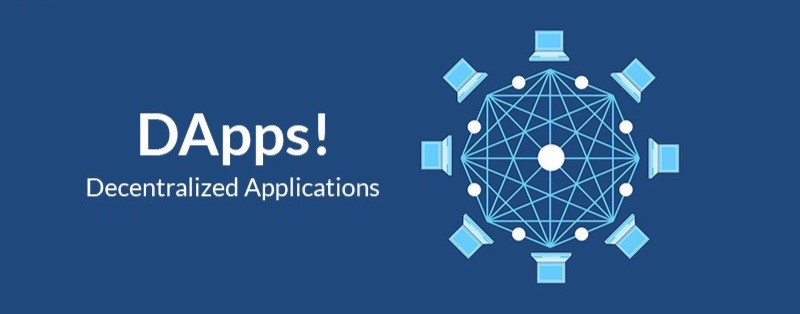
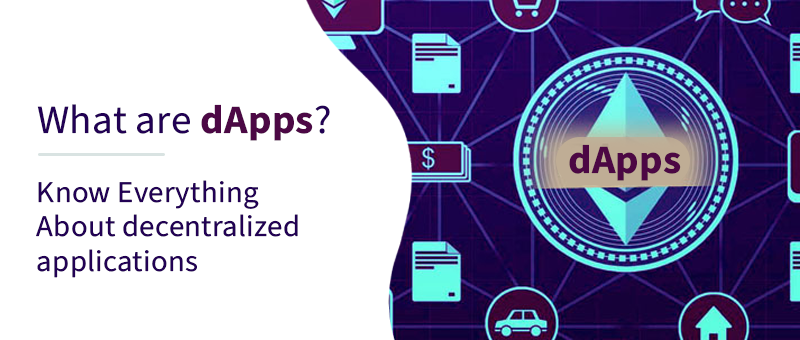
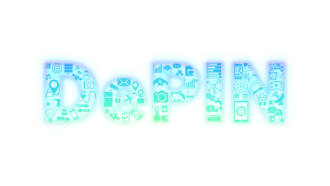
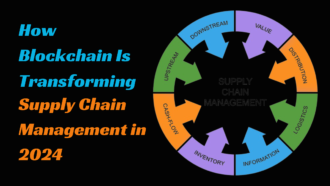
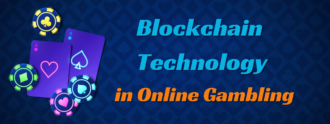













Hi! Great post! I really enjoyed reading it.
Keep up the good work. Cheers!